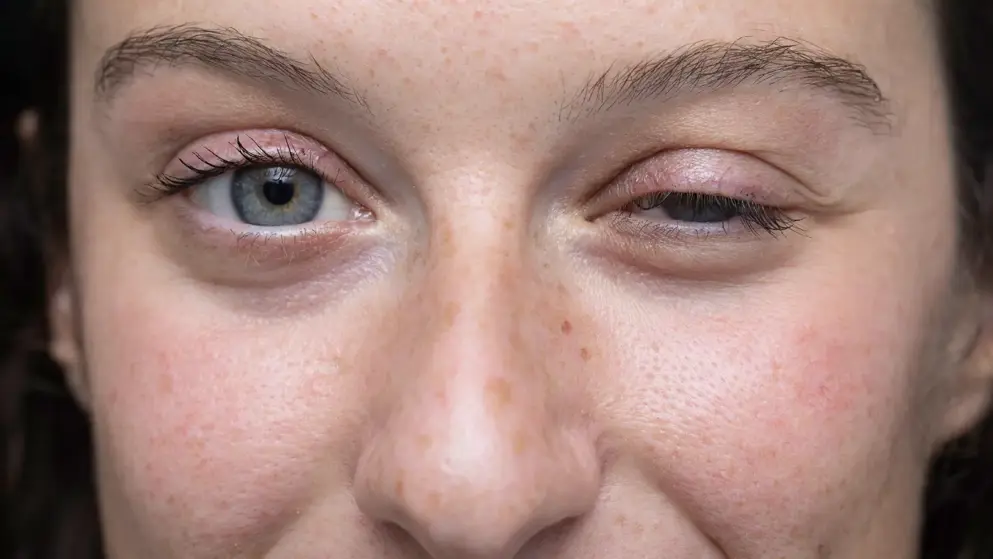
Subcutaneous efgartigimod-PH20 filed with FDA for myasthenia gravis
Argenx SE announced the submission of a Biologics License Application (BLA) to the FDA for SC efgartigimod (1000mg efgartigimod-PH20) for the treatment of generalized myasthenia gravis (gMG) in adult patients
SC efgartigimod is co-formulated with recombinant human hyaluronidase PH20 (rHuPH20), Halozyme's ENHANZE drug delivery technology. ENHANZE facilitates the subcutaneous injection delivery of biologics that are typically administered via intravenous (IV) infusion.
The BLA submission package includes data from the Phase III ADAPT-SC study evaluating the noninferiority of the pharmacodynamic (PD) effect of SC efgartigimod as compared with intravenously administered Vyvgart in adult patients with gMG. The majority of enrolled patients were positive for acetylcholine receptor (AChR) antibodies, but the trial also included patients where AChR antibodies were not detected.
ADAPT-SC met its primary endpoint (p< 0.0001) of total IgG reduction from baseline at day 29 demonstrating noninferiority of SC efgartigimod to Vyvgart. Patients treated with SC efgartigimod achieved mean total IgG reduction of 66.4% from baseline at day 29, compared to 62.2% reduction with Vyvgart. Results were consistent across the overall population, including those with AChR antibodies and patients where AChR antibodies were not detected. Further, 69.1% of patients treated with SC efgartigimod were responders on the Myasthenia Gravis Activities of Daily Living (MG-ADL) score. Responders are defined as having at least a two-point improvement on the MG-ADL score for at least four consecutive weeks. 65.5% of patients treated with SC efgartigimod were responders on the Quantitative Myasthenia Gravis (QMG) score. Responders are defined as having at least a three-point improvement on the QMG score for at least four consecutive weeks. Minimal symptom expression (MSE), a measure of symptom-free status, was achieved in 37% of SC efgartigimod-treated patients after one treatment cycle. Onset of effect was also consistent with the Phase III ADAPT study.
The safety profile for SC efgartigimod was consistent with the ADAPT study. It was generally well-tolerated; the most frequent adverse event being injection site reactions (ISRs), commonly observed with biologics administered subcutaneously.

